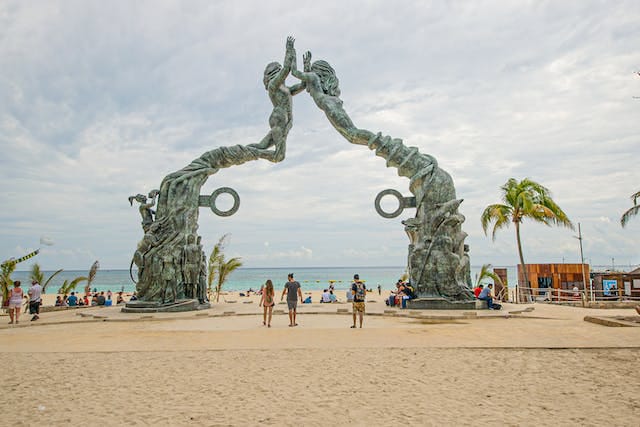
Gambling addiction can take a heavy toll on personal finances, relationships, and mental health. Recognizing the problem and deciding to make a change is the first crucial step toward recovery. This guide outlines five practical steps to help individuals break free from the cycle of gambling addiction. Each step is designed to empower and provide strategies for a healthier, more controlled life. With determination and the right support, overcoming gambling addiction is possible.
1. Acknowledge the Problem
Admitting that gambling has become a problem in your life is not easy. It requires courage to face the truth about the negative impact it has on you and your loved ones. Acknowledgment is the foundation for all other steps towards recovery. It allows you to take responsibility for your actions and prepare for change. Start by writing down how gambling has affected your life, which can make the problem more tangible and easier to confront. Sharing these thoughts with a trusted friend or family member can further validate your feelings and reinforce your commitment to change. It also opens the door to receiving support as you begin your journey to recovery.
2. Seek Professional Help
Overcoming gambling addiction often requires more than willpower. Professional counselors and therapists specialize in addiction recovery and can provide the guidance and support needed. Therapy can help uncover the underlying reasons for your gambling, teach coping strategies, and how to deal with urges. Joining a support group like Gamblers Anonymous can also provide encouragement and understanding from others who are facing similar challenges. Remember, asking for help is a sign of strength, not weakness. Additionally, many therapists offer modalities like cognitive behavioral therapy (CBT), which has been proven effective in treating gambling addiction by changing harmful gambling behaviors and thoughts. Engaging in regular therapy sessions creates a structured support system that can significantly enhance your ability to overcome addiction.
3. Manage Your Finances
Taking control of your financial situation is critical in breaking the gambling cycle. Start by removing easy access to money that could be used for gambling. This might involve handing over financial control to a trusted family member or setting up strict bank account restrictions. Creating a budget and sticking to it can also help rebuild financial discipline and recovery. Additionally, consider seeking advice from a financial counselor to work through debt and money management issues. Using apps or financial tracking tools can offer real-time insights into spending habits, helping to avoid triggers that may lead to gambling. Regularly reviewing and adjusting your financial plan can also reinforce your commitment to a gambling-free lifestyle.
4. Find Healthier Alternatives
Replacing gambling activities with healthier alternatives is essential for recovery. Identify hobbies or interests that you may have neglected due to gambling. Engaging in physical activities, exploring new hobbies, or spending time with family and friends can provide positive outlets for stress and boredom, which often trigger gambling episodes. Building a fulfilling life without gambling involves rediscovering passions and interests that provide joy and satisfaction. Volunteering for causes you care about or joining community groups can also enrich your life, giving you a sense of purpose and belonging that gambling cannot offer. Such activities not only fill your time with meaningful engagement but also help rebuild self-esteem and social connections damaged by gambling.
5. Build a Strong Support Network
Having a solid support network is crucial for long-term recovery from gambling addiction. This network can include family, friends, therapists, and members of support groups. These individuals can offer emotional support, understanding, and accountability as you work through recovery. Make an effort to communicate openly with them about your struggles and progress. Additionally, reaching out to a gambling addiction helpline can provide immediate support and resources during difficult moments. Encourage regular check-ins with these supporters to maintain motivation and gain insights into your recovery journey. Participating in community activities or hobbies can also widen your support network, introducing you to people outside your immediate circle who share similar interests and can offer new perspectives on overcoming challenges.
Final Thoughts
In conclusion, overcoming gambling addiction is a process that requires commitment, patience, and support. By acknowledging the problem, seeking professional help, managing finances, finding healthier alternatives, and building a strong support network, individuals can make significant strides toward recovery. Taking these steps can lead to a more balanced, fulfilling life free from the hold of gambling addiction. Remember, every step forward is a victory in the journey toward reclaiming control of your life. Embracing this process with an open heart and mind will pave the way for a healthier, happier future.



